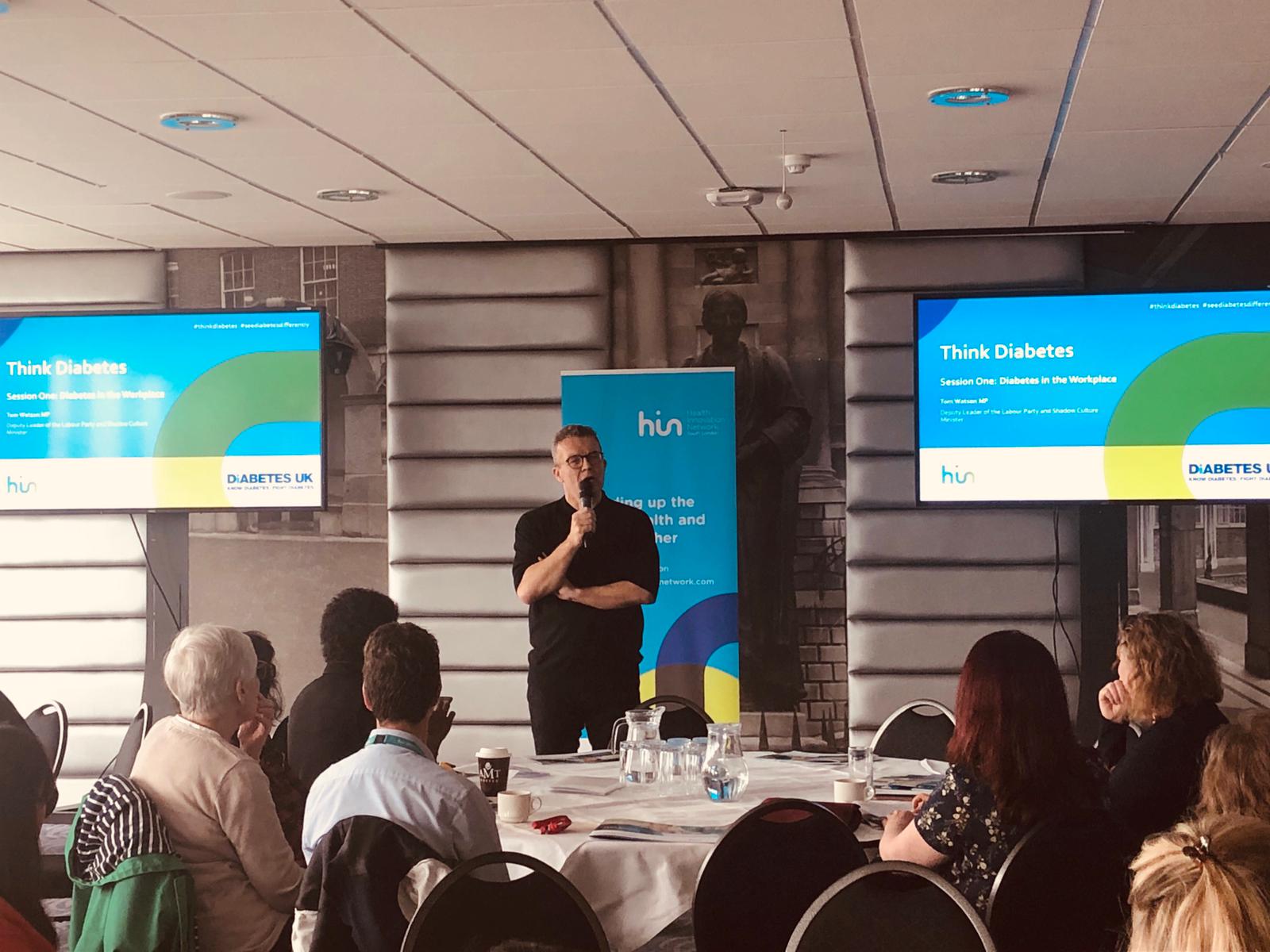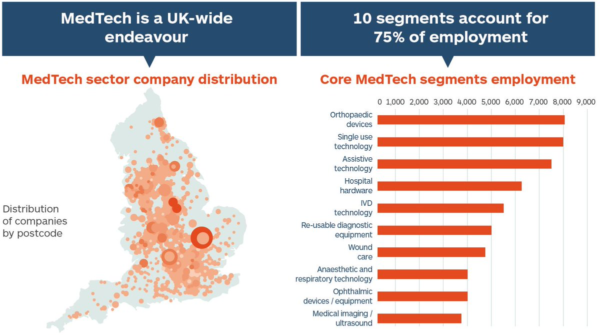London’s Health Care Industry Booms as Millions are saved for the NHS
DigitalHealth.London have launched their impact report confirming they are speeding up digital innovations across health and care in London, creating jobs and saving millions of pounds for the NHS. This supports the objects of the Government’s Long Term Plan to make digitally-enabled care the mainstream across the NHS.
DigitalHealth.London is a collaborative programme delivered by MedCity, and London’s three Academic Health Science Networks (AHSN) – UCLPartners, Imperial College Health Partners, and the Health Innovation Network (HIN). It is supported by NHS England (London) and the Mayor’s Office.
The DigitalHealth.London Accelerator is a flagship programme delivered by DigitalHealth.London to fast track innovations into the NHS and support innovators navigating the NHS system. Around 20-30 companies are selected onto the Accelerator programme each year and are given bespoke mentoring, training, networking opportunities to develop their business. This collaboration and support also enables the fast spread of cutting edge innovations into the NHS to benefit patients and support NHS staff. The Accelerator companies range in size when they begin the programme, from a single founder working on one product, to companies with in excess of 30 employees.
467 new jobs were created
Eighty-five percent of companies to have been on the Accelerator programme who participated in this report, reported an increase in their staff numbers. Of the additional jobs created by companies on both the 2016-17 and 2017-18 programmes, 30.3 percent (141) are attributed to their involvement in the DigitalHealth.London Accelerator. A total of 467 new jobs were created between August 2016 and November 2018.

“Anything we achieve as a company is in some way down to, or connected to, working with the Accelerator.” Elliott Engers, CEO, Infinity Health, Accelerator cohort 2017-2018
Over £64 million of investment raised by Accelerator companies
As discovered by the recently published report DigitalHealth.London Accelerator companies raised over £64 million of investment between August 2016 – November 2018. One company alone account for £28 million of this. Sixty-six percent said that the DigitalHealth.London Accelerator had helped them raise investment in their company.
“The DigitalHealth.London Accelerator is saving millions of pounds for the NHS while stimulating economic growth in the health care industry. It supports innovations that will change the lives of patients, support NHS staff and create jobs.” Tara Donnelly, Chief Digital Officer of NHSx
NHS Savings almost £76 million
The work of Accelerator companies has resulted in almost £76 million in savings for the NHS, with just over a third of this (£24.8 million) credited to the Accelerator’s support, based on information self-reported by companies involved. A conservative view that 50 per cent of the NHS savings attributed to the Accelerator are actually being realised, given that the Accelerator programme is 50 per cent supported by AHSNs (the innovation arm of the NHS) and their partners MedCity and CW+, the Accelerator programme has a return on investment of over 14 times: for every £1 spent by the NHS (via AHSNs) on the DigitalHealth.London Accelerator, £14.60 is returned, in some way, through the implementation of a digital solution. Some of these savings are made in efficiency gains, for example finding more efficient ways of supporting patients to manage their own health conditions, whilst others may help reduce inappropriate urgent care attendances by providing easier access to GP services.
Read the full impact report here.





